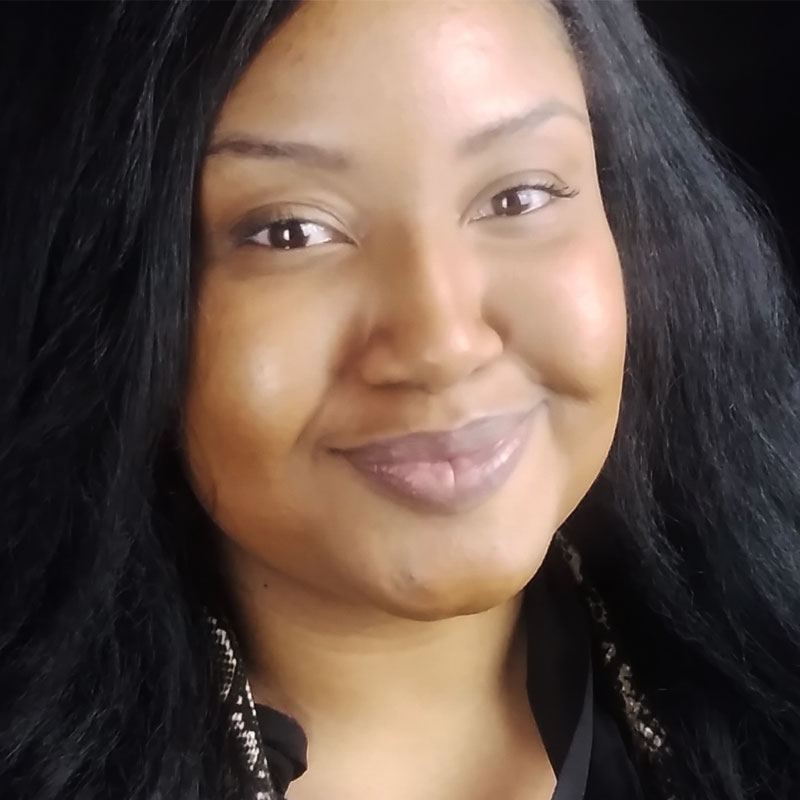
It wasn’t until the 1900s, several years post the inception of the Olympics, that women were allowed to participate in the games. Even then, they were limited to a few specific events.
Following almost a century of protests, women were finally granted the right to vote in 1920.
Until the 1960s, women weren’t allowed to enroll in Ivy League schools like Yale and Princeton, and in the professional world, they encountered substantial discrimination, lacking credibility, not being taken seriously in the workforce.
Moreover, this year marks the 50th anniversary of the law that made it illegal to deny a woman a credit card based on her marital status, whether single, or married without a male co-signer.
So, before you fix your lips to say, “Women can’t do this,” or “The Bible says women can’t do that,” please miss me with that. I’m not interested in more of man’s traditions, especially when Scripture is twisted to support it.
I’ve been dodging this ridiculous debate for some time, but it’s proving to be unavoidable, as it consistently intrudes into biblical discussions in almost every context, polluting and impeding the work of God.
“Women aren’t allowed to preach,” they say. The concept is one of those things where you know something is wrong, but you just need to look for evidence to strengthen your faith and understanding, and perhaps help a few others on the way. I believe “discernment” is what we call it, and many of us lack it.
No, I’m not a feminist.
I’m concerned that this teaching causes many to reject messages from anointed women of God—- messages that could lead them to salvation and obedience to his Word—-because they’re led to believe that female preachers are rebellious or even demonic. John MacArthur once said:
“Perhaps women pastors and women preachers are the most obvious evidence of churches rebelling against the Bible. I can’t think of anything that’s as far-reaching and transcends all denominations as the woman’s rebellion against the Word of God with regard to women preachers. Women who pastor, women who preach in a church are a disgrace, and they openly reflect opposition to the clear command of the Word of God. This is flagrant disobedience. It has been acceptable in our culture, and now acceptable even in the evangelical world.”
However, Jesus Christ says otherwise. After John mentioned to Jesus that he’d stopped someone from driving out demons because they weren’t one of them, Jesus urged him to let them be, affirming that those who are not against them are, in fact, for them (Mark 9:38-41). I don’t think I need to paint a detailed picture for you.
The person casting out demons equals the women who preach, John represents those who oppose women preachers, and Jesus is still telling people to be quiet and leave them alone. One who helps gather cannot be charged with rebellion. So, who will you listen to? Jesus, the Son of God, or John MacArthur? Sadly, many people choose to follow the thoughts of men, rather than the truth that comes from the Lord.
Also, despite Jesus’ warning about blasphemy against the Holy Spirit, and stating that those who don’t gather with him scatter (Matt. 12:22-37), many people still assert women preachers are evil or of the devil—it’s not only harmful, but also petty.
I urge you to test the spirits.
No matter how one tries to defend their words and actions, these allegations against female preachers don’t align with God’s love, compassion, or intentions, posing a threat to the church and the Gospel’s advancement. (Ex. 34:6; Ezk. 3:16-20; Ezk. 33:11; Jonah 3:6-10; Jn. 3:16; 1 Tim. 2:4)
While some don’t go to such extremes to oppose these women, their opposition is nonetheless detrimental and hinders the spread of truth.
In my upcoming posts, I plan to explore the topic of women in preaching, seeking a deeper understanding for myself and hoping to offer clarity to those willing to break from tradition in pursuit of truth—and the truth is, God never prohibited a woman from proclaiming the Gospel or teaching his moral principles to anyone—-male, female, boy, or girl.
Who can confine the boundless Spirit of God? How can one impose restrictions on the Almighty and declare, “He can proceed up to this point, but no more?” Who has the audacity to limit a God of infinite power, presuming to speak on his behalf, asserting what he will or will not do? It’s disturbing, grievous, and unsettling.
To be clear, I’m not advocating for female pastors, but rather for female preachers and teachers. I believe that in today’s context, anyone can take on the role of a pastor as the traditional concept isn’t scriptural. Therefore, this position of human origin can be occupied by anyone chosen by men.
However, a biblical pastor, or poimēn (ποιμήν) is simply a shepherd. Shepherds, or pastors, are servants to the flock. They care for the needs of the sheep, tasked with leading, protecting, cleaning, and caring for them. Whenever one of the sheep strays, he searches for it. If one is weak, injured, or ill, he gives it special attention (Ezek. 34:1-6).
Sheep don’t submit blindly to shepherds’ commands, as many believe Christians should do with church pastors, but they can be pretty uncooperative. For example, they often need to be physically led or even dragged during the process of shearing, and many only come to the shepherd when food is involved.
The pastor’s role, then, is not one of special privilege or authority, but of leading and instructing by example (Jn. 13:15; Heb. 13:7). He or she goes before the flock to guide them along the path, directing them toward what is good. The sheep follow the shepherd not because they’re compelled to obey, but because he provides for their needs, and they trust him.
In the Bible, both men and women have served as literal shepherds. Women such as Rachel (Gen. 29:9) and the women at the well with Moses (Ex. 2:17-19) were pastors. While no one is explicitly called a “shepherd” in the New Testament aside from Jesus, the role of the pastor as a figurative shepherd is still recognized in Scripture.
One example is Titus (Titus 2:7). Another example is Dorcas, also known as Tabitha, a woman known for her good deeds and care for the people (Acts 9:36-41). She was a true shepherd, tending to the needs of the flock and serving as a respected leader and pillar in her community. One would really need to get creative to say otherwise.
Dorcas embodied the role of a pastor, fulfilling the commandments to love God and love others through humble service. There’s no doubt in my mind that she inspired others to follow in her footsteps, thus leading them by example. This is what a true pastor does.
In whatever capacity he empowers them, God provides the heart, the grace and the means for a shepherd to properly care for his people (Jer. 3:15).
Today’s “pastoral office” that many argue over, bears little resemblance to biblical shepherds, whether in a literal or spiritual sense. Therefore a debate over a man-made position is pointless to me. Hence, again, my attention is not on the eligibility of women to serve as pastors—since they can, have, and will continue to do so—but on whether women, as per God’s will, can preach, reveal his word, and instruct on his principles in a congregation of mixed believers gathered to worship him.
So, with much ground to cover, let’s dive right in. As always, we’ll start with the basics—What does it mean to preach and teach?














